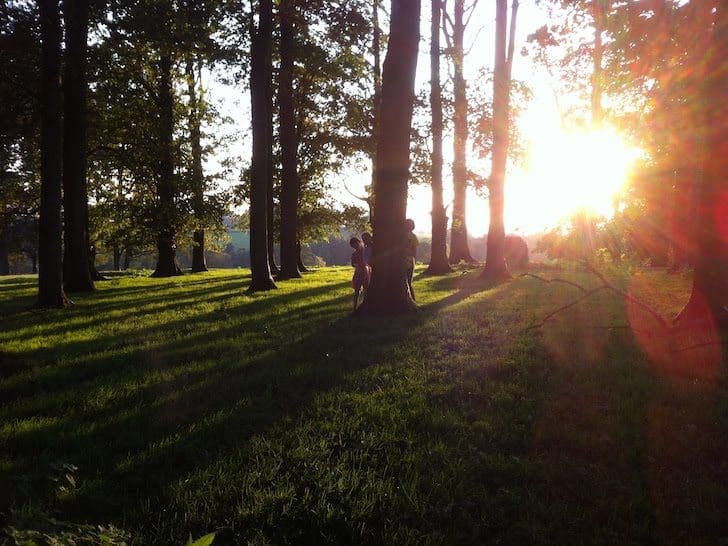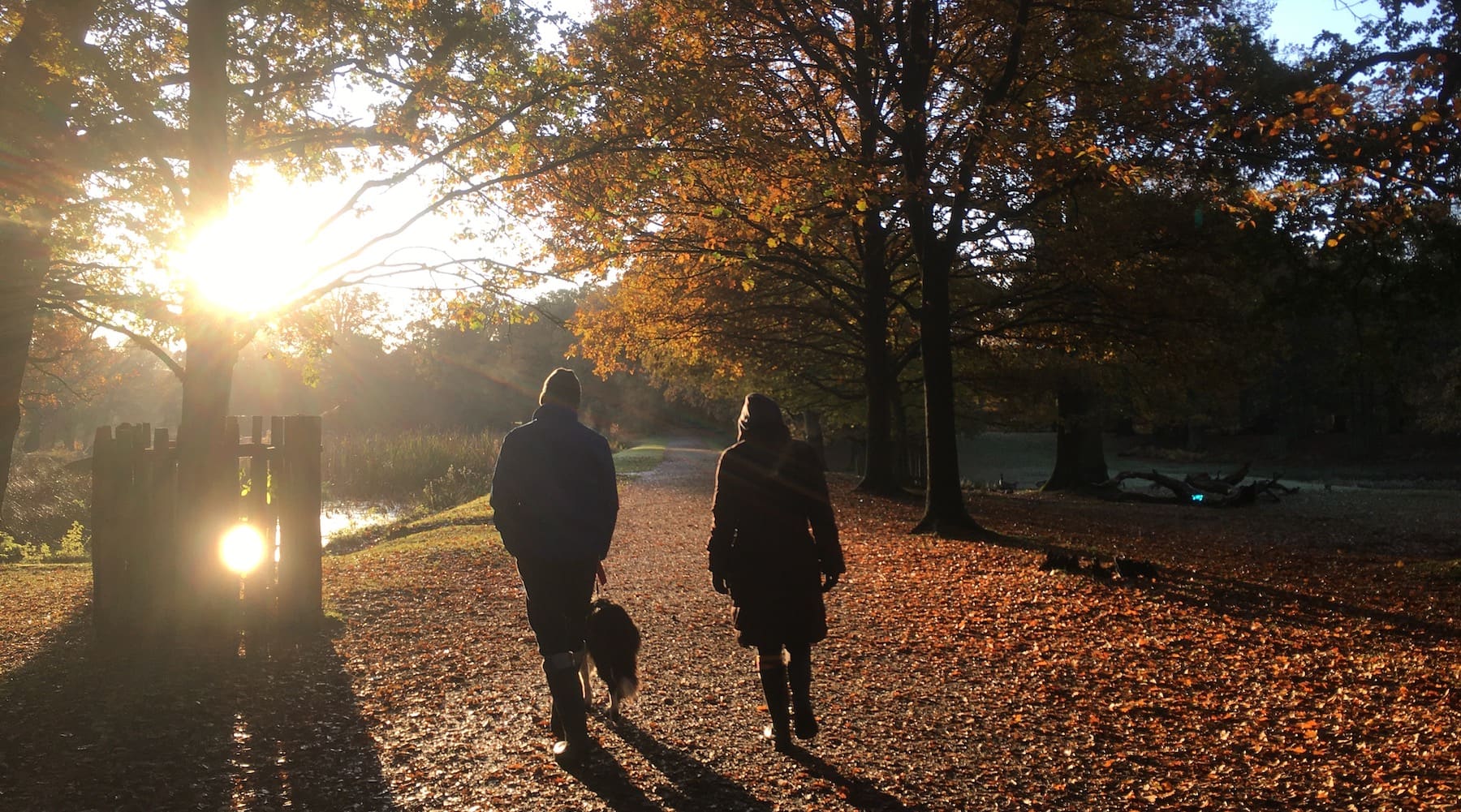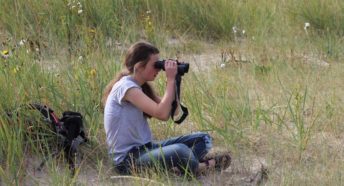Brain, Body & Biodiversity: reasons to protect our green spaces
CPRE Lancashire volunteer Amelia Furness, who is a student at the University of Liverpool, has written an article for us highlighting the importance of the countryside, urban green spaces and the Green Belt.
England is a country of outstanding natural beauty, and boasting beautiful beaches, hills and canals, our region is no different. Here in Lancashire, Greater Manchester and Merseyside, we are blessed with picturesque countryside, thriving nature reserves and beautiful public parks, all waiting for us to explore and embrace them. Here at CPRE, we are passionate about enhancing and protecting the English countryside; but what does it do for us?
Brain
Glaring lights, unsparing deadlines and blaring sirens; Studies have shown that busy urban life is linked to poorer mental health, through increased risk of anxiety and mood disorders i. In the UK, 85% of adults experience stress regularly ii, and the North West comes second in the country for common mental health disorders iii. So how can the countryside help?
One study iv revealed that going for a walk is the most popular way to relieve stress in the North West, and the region’s nature reserves, parks and woodland offer the perfect spot for a peaceful stroll. A 90-minute walk with Mother Nature has shown to lower negative brain activity, reduce overthinking and improve happiness v. So, why not get out there and find your inner Zen by taking a shot at ‘Shinrin-Yoku’- the Japanese art of forest-bathing? Shinrin-Yoku is a popular method of relaxation in Japan, and involves disconnecting from modern, urban life (leave your phone and worries at home) and embracing the rejuvenating and restorative benefits of the woodland. Exposure to forest environments actively lowers ‘cortisol’, a stress causing hormone! vi – try it out near you at Mersey Forest, Blackley Forest or the Forest of Bowland.

Body
Not only does nature improve our mental well-being, but our physical health too. City living is associated with higher levels of pollution, which can harm our heart and lung health vii. Not only this, but obesity and inactivity levels also tend to be higher in urban areas viii. So, could the countryside be the pollution respite and work-out motivation we need?
The Land Trust have found that 50% of people use our green spaces for exercise or leisure, and a huge 90% believe that green spaces encourage themselves or others to keep fit and healthy ix. Despite this, here in the North West we are still the 3rd least active region in the UK, with 1,560,000 inactive people x, meaning our green spaces may be being under-appreciated! With such charming parkland and scenery around us, why not ditch the dull and dingy gym and step outside walking, jogging or cycling, or even try climbing, fishing or rowing? Whether you’re highly experienced or a complete novice, one way to get fit and appreciate our beautiful green spaces is Park Run – free timed runs around 600 of the country’s fantastic public parks xi.
Biodiversity
Rural England is home to thriving flora and fauna that are both vital for our ecosystem, and urban green spaces offer natural life a haven amongst the metropolis. The countryside and urban parkland offer us the chance to interact with and learn more about what, and who, we share the Earth with. However, it is reported that every year, we lose 1% of our biodiversity here in the UK xii, which can quickly add up.
In Lancashire, Manchester and North Merseyside, there are thousands of acres of precious habitats, and over 35 nature reserves that our local wildlife call home xiii. One very important area in our region is Formby, where the rarely-spotted red squirrels roam. It is one of the few remaining places in England that our native squirrels can still be seen, given that they and their habitat are being protected; just going to show how important it is to preserve our precious country. Other locals such as hedgehogs and natterjack toads xiv have also seen significant population falls in recent times. However, it is not just animals that populate the countryside, but plants too. Essential for our eco-system and importantly, for helping us breathe, trees and plants must also be protected. Moston Fairway, close to Manchester, is a great example of how a small urban space can be transformed into a natural and accessible green oasis, demonstrating how mossland, grassland and woodland can all flourish together in any unexpected location xv.

For all these reasons, here at CPRE, we believe we owe it to the Earth to look after its beautiful countryside. Considering all that it offers us, we believe we should protect our green spaces, and all they encompass, from threats such as climate change and overdevelopment. We are passionate about ensuring that everyone now, and for generations to come, can enjoy the English countryside, its beauty and its character.
If you too are interested in protecting and enhancing your countryside and urban green spaces, get involved by becoming a CPRE member, volunteering or donating.
Notes:
i) Peen, J. et al. ‘The current status of urban-rural differences in psychiatric disorders.’ p84-93. 2010
ii) Forth. ‘Great Britain and Stress – How bad is it and why is it happening?’. 2018 https://www.forthwithlife.co.uk/blog/great-britain-and-stress/ [Accessed 27 Sep 2019]
iii) Baker, C. ‘Mental Health Statistics for England; Prevalence, services and funding’. Carl Baker. P1-33. 2018.
https://researchbriefings.parliament.uk/ResearchBriefing/Summary/SN06988#fullreport [Assessed 27 Sep 2019]
iv) Forth. ‘Great Britain and Stress – How bad is it and why is it happening?’. 2018 https://www.forthwithlife.co.uk/blog/great-britain-and-stress/ [Accessed 27 Sep 2019]
v0 Bratman, G. et al. ‘Nature experience reduces rumination and subgenual prefrontal cortex activation’. p8567-72. 2015.
https://www.ncbi.nlm.nih.gov/pmc/articles/PMC4507237/ [Accessed 27 Sep 2019]
vi) Morita, E. et al. ‘Psychological effects of forest environments on healthy adults: Shinrin-yoku (forest-air bathing, walking) as a possible method of stress reduction’. p54-63. 2007.
https://www.sciencedirect.com/science/article/abs/pii/S0033350606001466 [Accessed 27 Sep 2019]
vii) Nieuwenhuijsen M J. et al. ‘Positive health effects of the natural outdoor environment in typical populations in different regions in Europe: a study programme protocol’ p1-11. 2014
https://bmjopen.bmj.com/content/4/4/e004951 [Accessed 27 Sep 2019]
viii) Pretty, J. et al. ‘Green exercise in the UK countryside: Effects on health and psychological well-being, and implications for policy and planning’. p211-231. 2007.
https://www.tandfonline.com/doi/full/10.1080/09640560601156466?scroll=top&needAccess=true [Accessed 27 Sep 2019]
ix) The Land Trust. The Value of Our Green Spaces. P1-8. 2016.
https://thelandtrust.org.uk/the-land-trust-charitable aims/thebenefits/?doing_wp_cron=1566474639.7581980228424072265625 [Accessed 27 Sep 2019]
x) Open Access Government. Study reveals least active regions in England. 2019.
https://www.openaccessgovernment.org/least-active-regions/56927/ [Accessed 27 Sep 2019]
xi) Parkrun. The A-Z of parkrun. 2018.
https://blog.parkrun.com/uk/2018/07/18/the-parkrun-alphabet/ [Accessed 27 Sep 2019]
xii) Natural Course. Greater Manchester to produce first city wide biodiversity net gain guidance. 2019. https://naturalcourse.co.uk/2018/11/02/greater-manchester-to-produce-first-city-wide-biodiversity-net-gain-guidance/ [Accessed 27 Sep 2019]
xiii) The Wildlife Trust: Lancashire, Manchester, North Merseyside. 2019.
https://www.lancswt.org.uk/about-us [Accessed 27 Sep 2019]
xiv) Countryfile. Britain’s most endangered animal species. 2019.
https://www.countryfile.com/wildlife/10-of-the-most-endangered-animal-species-in-britain/ [Accessed 27 Sep 2019]
xv0 The Wildlife Trust: Lancashire, Manchester, North Merseyside. Moston Fairway. 2019. https://www.lancswt.org.uk/nature-reserves/moston-fairway [Accessed 27 Sep 2019]








